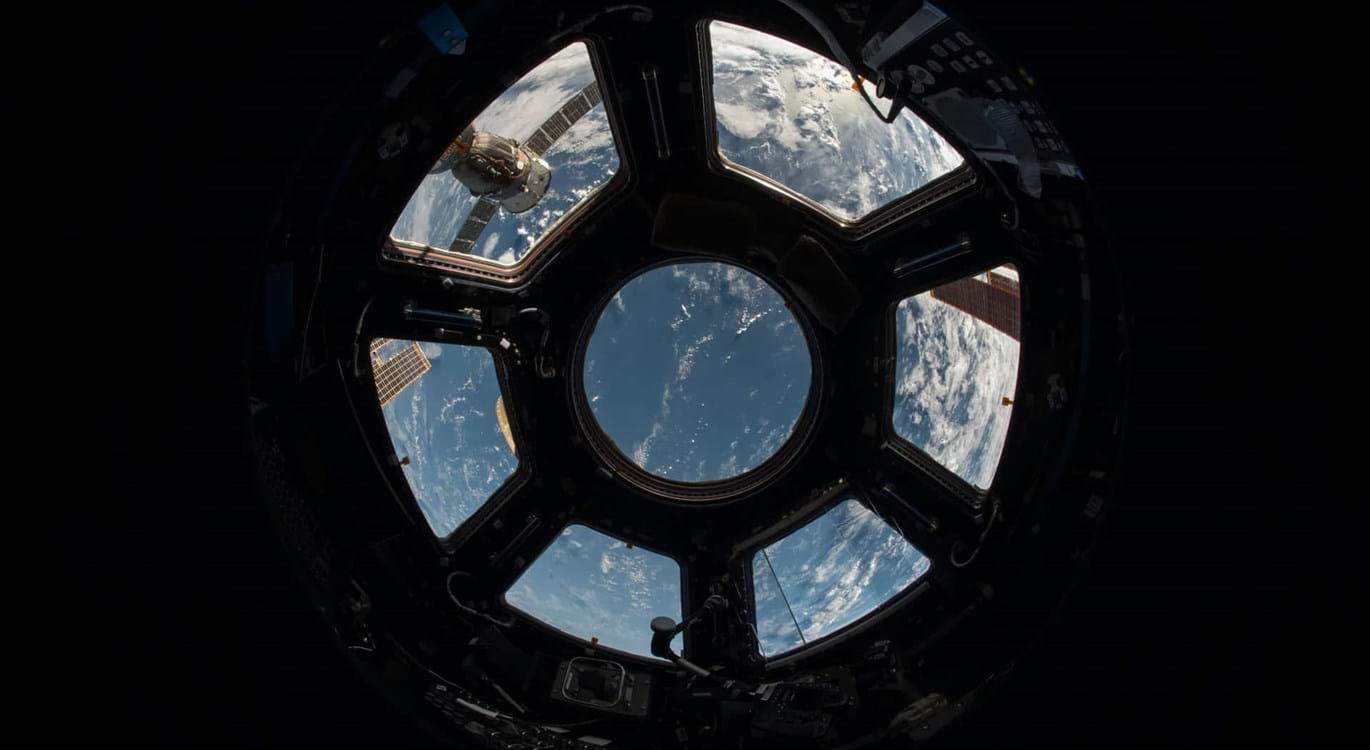Jeff Bezos, Richard Branson, Elon Musk and others are all keen to establish their dominance in the newest billionaires’ playground.
The protagonists may have changed, but the race is ongoing. As each entrepreneur tries to outmanoeuvre the other, we could be forgiven for asking, where does this desire to push the boundaries originate and what are the limits to this human exploration?
A deep desire to push boundaries is inherent in human nature. The moment Eve stepped out of the God-given boundaries in the Garden of Eden (Genesis 3), a yearning in the heart of man to test the limits was evident.
An important biblical example is found in Genesis chapter 11, where we read the story of the Tower of Babel. The stated aim was to “build ourselves a city, and a tower whose top is in the heavens; let us make a name for ourselves” (Genesis 11:3). Note their motivation: to make a name for themselves. While pushing technological boundaries is not wrong, the motivation behind it most definitely can be – as in this case, where the root of it all was pride. J. N. Darby describes this episode as “man seeking a centre and a name without God”.[1] In other words, the men of the time were saying, “see what we can do without God, look how clever we are”. Ultimately, the tower of Babel was a vanity project; a vehicle for displaying all that the men of the era thought was great about themselves.
Coming back to the billionaires of the 21st century striving to make a name for themselves, we see how the motivation of mankind has fundamentally never changed. Instead of looking outwards, to all the blessings of a great Creator, man is naturally introspective, thinking that great achievements give him credibility, and ultimately feeding his desire for self-worship.
21st century intellect and technology may seem limitless but, in the New Testament, the apostle Paul wrote, “the foolishness of God is wiser than men” (1 Corinthians 1:25). In short, no matter how many promises are made, or how hard boundaries are pushed, mankind will never attain to the wisdom of God. This also means that no amount of technology or intelligence will make it possible for us to ever reach God by ourselves.
Coming to an understanding of this limit on human intellect could produce a sense of hopelessness, but the Lord Jesus, the Son of God, said, “No one comes to the Father except through Me” (John 14:6). Our own efforts, no matter how ingenious or extravagant, can never bring us to God. However, because of the sacrificial death and miraculous resurrection of the Lord Jesus, the way to God has been opened. If we are willing to accept His mercy and grace, we can enjoy God’s presence for eternity.
Maybe one day space travel will become normal, a new frontier for all of us. More amazing than that, however, is the fact that reaching heaven is already possible. Not through any amount of human cleverness, but rather through a willingness to swallow our pride, admit our failings and put our trust in Jesus Christ as our Saviour.
Notes:
[1] Genesis 10-11 - John Nelson Darby (#72473) - Bible Truth Library (bibletruthpublishers.com)




































